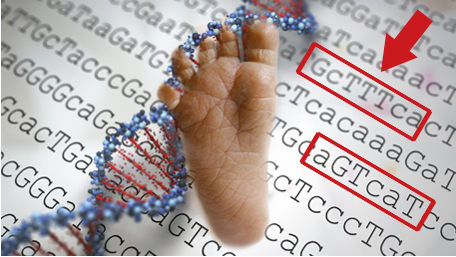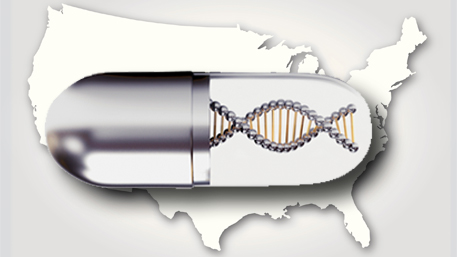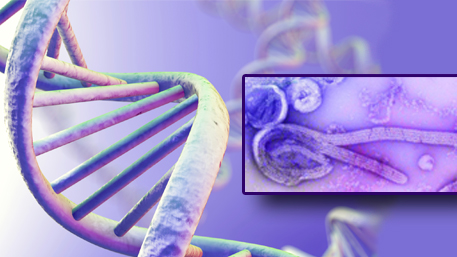Category:
Precision Public Health in Action: Enhancing models to predict risk of adverse treatment outcomes in people with hemophilia

In collaboration with the CDC Office of Advanced Molecular Detection, the Office of Genomics and Precision Public Health recently funded the National Center on Birth Defects and Developmental Disabilities (NCBDDD) to strengthen public health capacity by introducing elements of human genomics into applied research on predicting inhibitor risk in people with hemophilia. Hemophilia refers to a group Read More >
Posted on byFrom Guthrie to Genomes: Expanding Bioinformatic Capabilities in Newborn Screening Programs

Through a funding opportunity from CDC’s Office of Genomics and Precision Public Health in collaboration with the Office of Advanced Molecular Detection, CDC’s Newborn Screening and Molecular Biology Branch will conduct a two-year project to develop a streamlined national newborn screening (NBS) bioinformatics pipeline to help in expanding the use and utility of gene and Read More >
Posted on byAssessing Pharmacogenetic Variation in the United States to Enhance Health Equity of Pharmacogenetic Testing

CDC’s Genetic Testing Reference Material program (GeT-RM), in the Division of Laboratory Systems will conduct a 2-year project to test 5000 DNA samples from the population-based National Health and Nutrition Examination Survey (NHANES) to determine the allele frequencies of 970 unique haplotypes in 150 pharmacogenes selected because they have high clinical annotation levels of evidence Read More >
Posted on byUsing Immunogenetics in the Fight Against Ebola Virus Disease

CDC’s Viral Special Pathogens Branch focuses on viruses causing hemorrhagic fevers and requiring the highest levels of biological containment. Within VSPB, the Molecular Pathogenesis and Therapeutics Team conducts basic and applied research to understand how these viruses interact with our bodies to cause disease, and how this knowledge can be used to develop and evaluate Read More >
Posted on byEpigenetics: An Emerging Tool for Health Equity Science

A recent review provides recommendations to improve the scientific investigation of the associations between epigenetic markers, socioeconomic status, and adverse health outcomes. Health equity means that everyone has the opportunity to be as healthy as possible. Health equity science studies the association between social determinants of health (SDOH) and adverse health outcomes. SDOH refer to Read More >
Posted on byArtificial Intelligence in Medicine and Public Health: Prospects and Challenges Beyond the Pandemic

Though still in its infancy as a field, artificial intelligence (AI) is poised to transform the practice of medicine and the delivery of healthcare. Powered by breakthroughs in machine learning (ML) algorithms, enhanced computing power, and increasing data volume and storage capacity, AI has made noteworthy advances over the past decade across many medical subspecialties. Read More >
Posted on by

